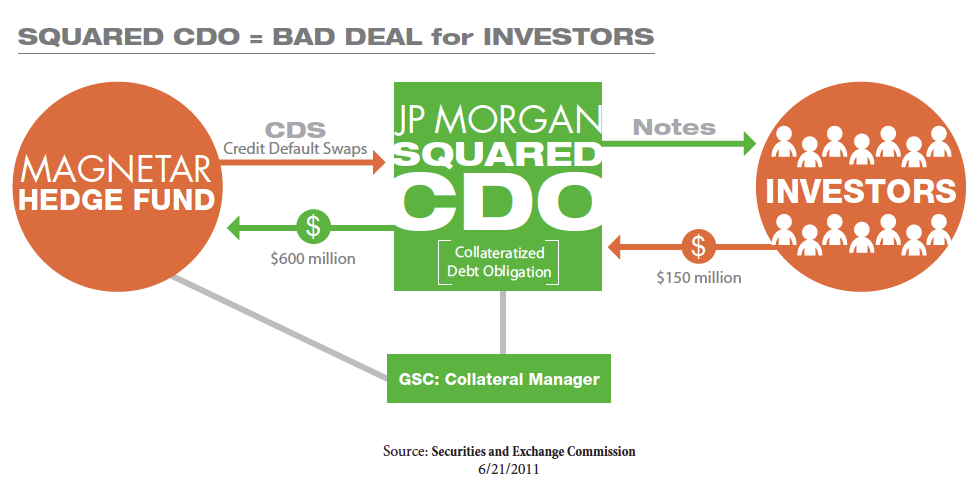Florida Governor Floats Huge Gimmie for Banks: Taking Foreclosures Out of the Court System
Florida continues to show a rather disconcerting willingness to throw its citizens’ rights under the bus to help the banks. The state created special foreclosure courts to clear up a substantial backlog, which might not have been such a bad idea if they had been properly implemented. However, they were staffed with retired judges, many of whom seemed to put speed over due process. There have been numerous reports of judges refusing to hear motions or evidence presented by borrowers, to the point where the ACLU contested the procedures used as violations of due process.
To some degree, this has become moot since these kangaroo courts are expected to be shuttered (they required an extension of funding to continue). Moreover, new foreclosure filings have slowed in Florida as a result of the robo-signing scandal. The revelation of widespread abuses by banks has led some judges to dismiss cases with dubious documentation; judges are also complaining that banks are seldom coming to hearings on foreclosure cases.
Never fear, with government bought and paid for in America, someone was certain to try a fix. The Florida governor has, in effect, suggested that if banks can’t meet the existing requirements for foreclosure, then the solution obviously is to lower them.
Read more...
